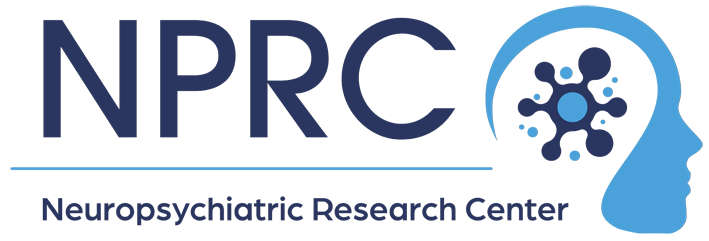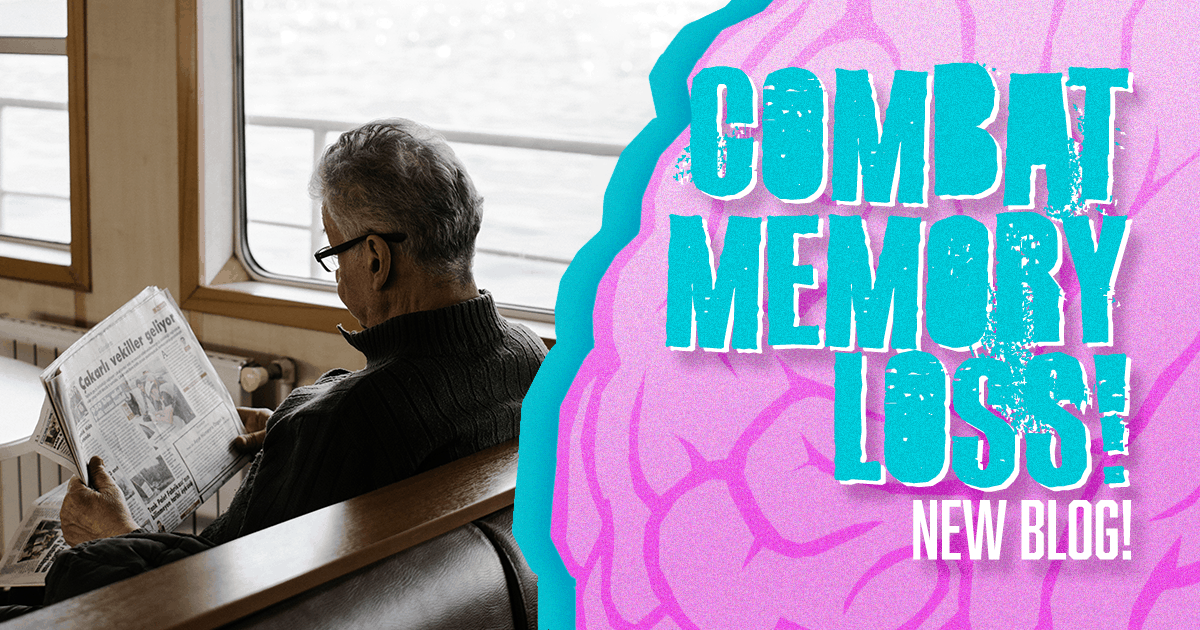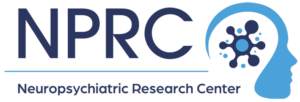Ever find yourself standing in the middle of the bedroom wondering what you went in there for in the first place? Don’t worry, most of us have. Forgetting where you put things, and the name of a person you just met is more common as you age. The decreased size of the brain, along with other physiological changes, contribute to what many experiences as age-related memory loss. Occasional forgetfulness is typically something not to worry about. There are actions you can take, however, to reduce the risk of memory loss worsening and protect your precious brain.
Ways to Help Improve Memory Loss

As with every part of your body, your brain needs exercise. Keeping your mind active by doing specific activities can help reduce the risk of developing more significant memory loss issues, including dementia. They also aid in improving your overall quality of life. Here are some ways to keep your brain sharp:
- Exercise– Exercise boosts your brain function. It is recommended to do 30-minute cardio workouts three times a week. Yoga/meditation activities 15-30 minutes a day will help you improve connectivity with the part of your brain that never shuts down.
- Gardening– Gardening has physical benefits and can help alleviate mental discomfort.
- Socialize– When you socialize with others, you feel less alone, and it stimulates the mind processes. Try something new and join a new dance or art class!
- Music– Listening to and playing music helps stimulate the brain and prompts memories from the past.
- Cooking– Introducing foods that are high in levels of Omega 3 fatty acids are the foundation for healthy brain function. Salmon, herring, tuna, walnuts, flaxseed, and soybeans contain high levels of these. Also, cooking with loved ones keeps up with social interactions.
Talk with Your Doctor
Age-related memory loss is an occasional occurrence that does not interfere with your ability to conduct your daily activities. If your forgetfulness is more frequent or is causing concern, then you should talk with your doctor immediately. Other medical conditions can cause ongoing memory issues, so it is vital to get checked out.

NPRC specializes in memory loss, cognitive disorders, and Alzheimer’s disease. To schedule a memory screening or learn about upcoming memory loss studies, click here, or call (239) 939-7777.
References:
https://www.helpguide.org/articles/alzheimers-dementia-aging/age-related-memory-loss.htm
https://www.unitypoint.org/homecare/article.aspx?id=2690554c-f214-41d8-bf9d-4eae9e1209dc





